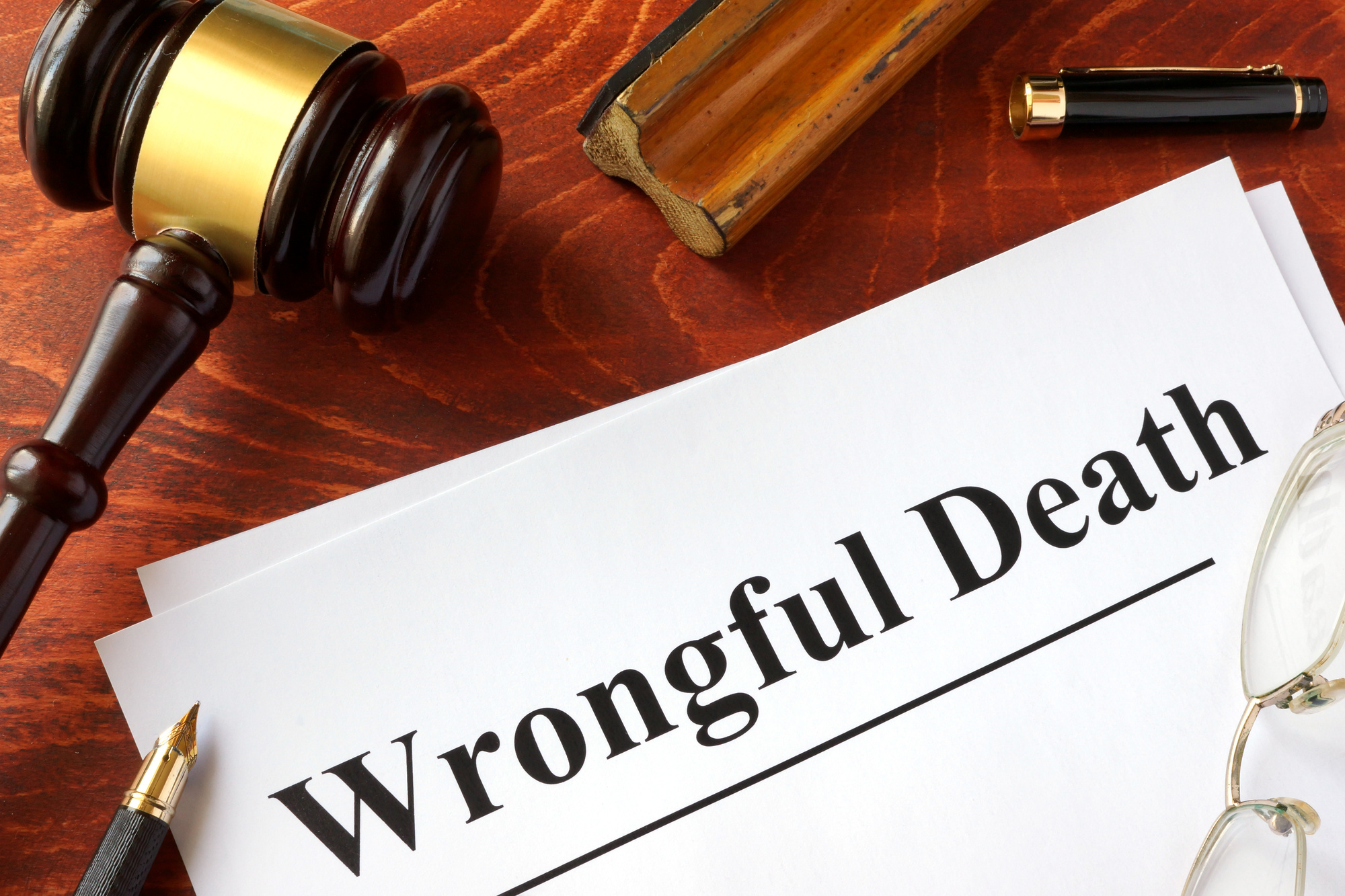The loss of any person can an extremely upsetting experience to have to go through. It’s never easy to say goodbye to someone we love. The sad reality is that hundreds of thousands of unintentional deaths occur every year.
However, it can be even more difficult to weather this storm when a person dies due to the negligence of another person or entity. The injustice of this loss can make it sting all the more. While seeking justice can’t bring a loved one back, it can help bring some sense of closure and support.
In these situations, one can sue the responsible party via a wrongful death claim. In this way, justice can be served and a wrongful death settlement can be provided to surviving members of the family during this terribly difficult time.
How does a wrongful death lawsuit proceed and what can one expect during this time? Read on and we’ll walk you through what you need to know.
When Can a Wrongful Death Lawsuit Be Pursued?
There are many situations in which a wrongful death lawsuit can be brought forward against a responsible individual or entity. Any situation in which a person would have been able to bring a personal injury claim forward had they survived? This can be claimed as a wrongful death lawsuit.
Car accidents involving fatalities and medical malpractice that results in death are just two examples of cases in which a wrongful death claim might be filed. Almost any kind of personal injury situation that results in death can be considered.
The only possible exception is when a person dies as a result of an incident in the workplace. In some states, this must be resolved exclusively through worker’s compensation insurance plans.
Who Can File a Claim?
Not just anyone can bring a claim forward for a wrongful death claim. In most cases, the claim will usually be followed by a representative of the deceased’s estate. This representative will be acting on behalf of the survivors of the lost individual.
In all states in the U.S., a spouse can serve as this representative. In most cases, a parent can also collect compensation for the lost life of a child, or a child for the lost life of their parent. These rights are guaranteed no matter where you live in the country.
Where things get a little more uncertain? Many states disagree to the extent that siblings should be able to bring wrongful death lawsuits forward.
The same goes for extended relatives like aunts and uncles, cousins, or grandparents. The more distant a familial relationship is, the more difficult one might have in getting a lawsuit to stick.
There are a few states in the nation where romantic (un-married) partners can bring forward a wrongful death claim. In these states, anyone who can prove they had some sort of financial dependence on the life of the deceased can bring this kind of claim forward.
However, this attitude has not been adopted by many states.
What Must Be Proven?
The burden of proof in a wrongful death claim is the same as it would be in an average personal injury case. That is to say that there are a few different elements that the plaintiff and their attorney will need to tackle.
They will need to prove that the person or entity had a duty of care to those around them. A duty of care describes one citizen’s responsibility to others around them. Once this duty has been established, the plaintiff will need to prove how the individual or entity broached this duty and failed to act with reasonable care.
Then the prosecution will need to prove how this action resulted in the wrongful death of the person in question. A large amount of evidence will need to be gathered and properly explained to prove these claims.
Evidence will also need to be provided to show the impact of the loss of this individual on their surviving family members. Lost income, lost companionship, and other such damages can be discussed in exploring the loss of surviving members of the family might have experienced.
The struggle to grieve properly given the circumstances of wrongful death is something that should be taken very seriously by the court. Funeral and burial costs can also be recouped as damages during a wrongful death case.
What Is the Timeline for Such a Case?
How long might bringing a wrongful death case forward take up? Quite a bit. One should plan to hire a wrongful death attorney as quickly as possible following the unjust death of a loved one.
An attorney can help file a complaint and bring the case to the courts. The responsible entity will have a certain window of time in which to respond to the allegations (usually 30 days). They can plead guilty or not and they can attempt to have the case dismissed if they don’t think proper legal grounds have been established.
From there, the case will go through a pre-trial phase. This phase can vary in terms of how long it will take depending on the complexity of the case. Evidence must be collected and shared between the parties, witness and key players deposed, and strategies built.
This could take anywhere from a few weeks to a few years depending on the complexity of the case. As the case draws near, the two parties can come to an agreement on a settlement amount.
If they can’t see eye to eye, the case will proceed to trial. A typical wrongful death trial can last several days before the judge and jury make a decision.
There is a long road ahead if one seeks to pursue a wrongful death case, but it is one of the key ways for justice to be served.
Fighting for a Wrongful Death Settlement
Lost a loved one due to the actions of another? You might want to pursue a wrongful death settlement. The above information can help you to understand what actions you need to take and what kind of timeline to expect with a wrongful death case.
Need help with your case? Contact us anytime for a free consultation.
Posted in: Wrongful Death

